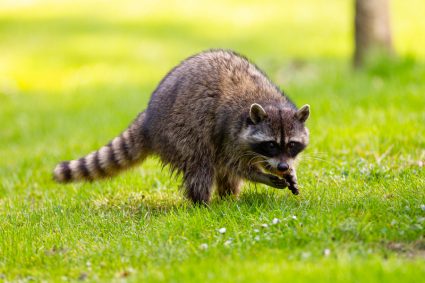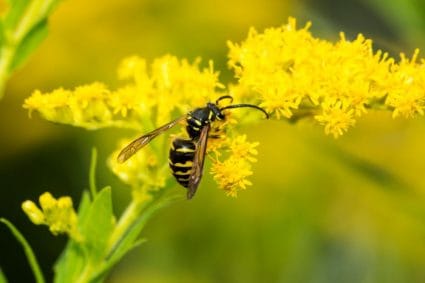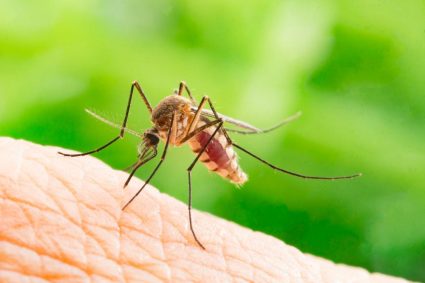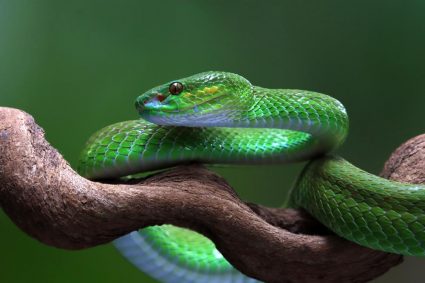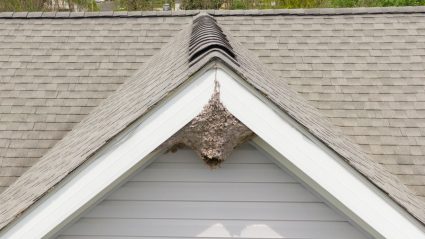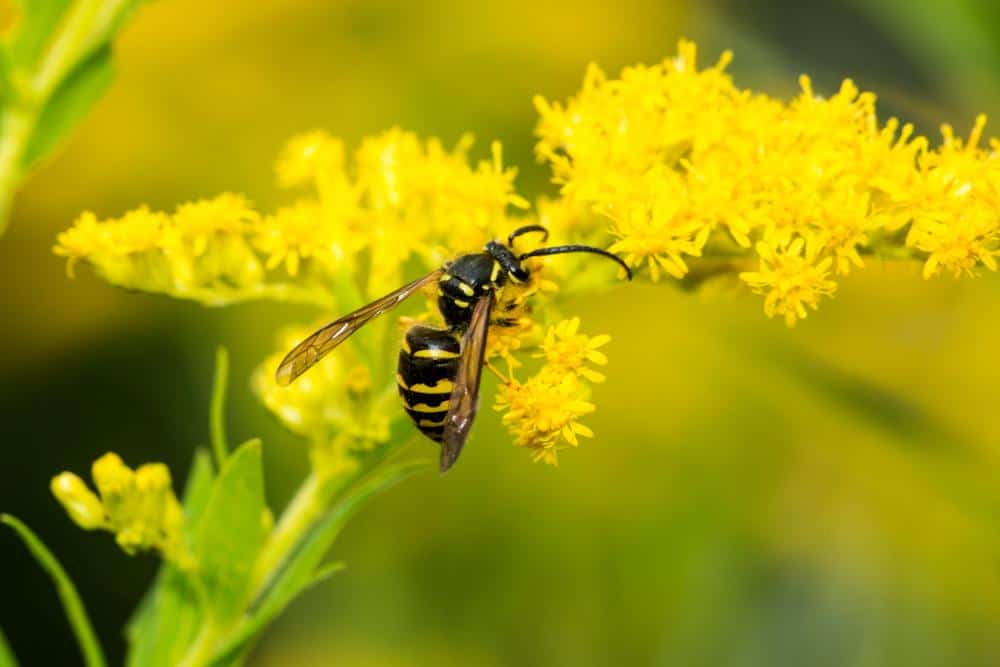
Wasp sprays are a common solution for dealing with pesky wasps. But does wasp spray really kill wasps? The answer is yes. Wasp sprays contain active ingredients such as pyrethroids and pyrethrins, which are synthetic insecticides derived from chrysanthemum plants. These chemicals overwhelm the insect’s nervous system, causing it to seize up and fall to the ground almost immediately.
Yes, wasp spray does kill wasps. The spray contains active ingredients like pyrethroids and pyrethrins, which are synthetic insecticides. These chemicals affect the wasp’s nervous system, causing immediate paralysis and often death. However, the effectiveness may vary depending on the type of wasp and the size of the nest. It’s also important to note that these sprays can have negative environmental impacts and should be used responsibly.
Main Active Ingredients in Wasp Spray
The main active ingredients in most wasp sprays are pyrethroids and pyrethrins. These chemicals work by overwhelming the insect’s nervous system, causing it to seize up and fall to the ground almost immediately, effectively paralyzing the insect. When wasps are sprayed, they become covered in the chemicals, and if they survive, they will fly back to their nests, taking the chemicals with them. This spreads the chemicals around the nest, affecting more than just the wasps that were directly sprayed.
Types of Wasps Affected by Wasp Spray
Wasp sprays are generally effective against various types of wasps, hornets, and yellow jackets. Some of the common wasp species that can be killed by wasp sprays include paper wasps, bald-faced hornets, and mud daubers. However, the effectiveness of wasp sprays may vary depending on the product and the size of the nest.
Impact on the Environment
While wasp sprays are effective at killing wasps, they can also be harmful to the environment. Wasp sprays can harm other insects, affect plant growth, and can be toxic to fish and honey bees. Therefore, it is important to use these products responsibly and consider eco-friendly alternatives when possible.
Safety Precautions
When using wasp spray, it’s crucial to take several safety precautions. These include wearing protective clothing, using the spray outdoors only, standing a safe distance from the nest, avoiding contact with skin, eyes, and clothing, not inhaling the spray mist, washing hands thoroughly after use, and storing the spray in a cool, dry place away from heat, sparks, and open flames.
Alternatives to Wasp Spray
If you’re looking for alternatives to wasp spray, consider using natural solutions such as lemon extract and water, dish soap and water, peppermint oil, wasp-repellent plants, vinegar, water, and dish soap, or homemade traps. These methods can be effective, but may not work as well on larger nests or infestations.
Proper Application
To effectively use wasp spray, it’s important to apply it properly. This includes choosing the right time (early morning or early evening when wasps are less active), standing at a safe distance, shaking the can well before use, aiming the spray at the nest, and waiting at least 24 hours before removing the nest.
In conclusion, wasp spray can be an effective tool for dealing with wasps. However, it’s important to use these products responsibly and consider the potential environmental impact. Always follow the instructions on the product label, and if you’re dealing with a large infestation, it may be best to consult a professional.
Frequently Asked Questions
What are some examples of wasp-repellent plants?
Some examples of wasp-repellent plants include wormwood, marigold, mint, and lemongrass. They are known to deter wasps due to their strong scents.
How do homemade traps for wasps work?
Homemade traps typically work by attracting wasps with a sweet substance, such as sugar water or fruit. Once the wasps enter the trap, they can’t escape and eventually die.
What should I do if I accidentally inhale wasp spray or get it on my skin or clothing?
If you accidentally inhale wasp spray, move to fresh air immediately. If the spray gets on your skin or clothing, remove contaminated clothing and wash the skin thoroughly with soap and water. In both cases, seek medical attention if symptoms persist.
Why is it recommended to remove the wasp nest 24 hours after spraying?
It is recommended to wait at least 24 hours to ensure all wasps are dead before removing the nest. Disturbing the nest too early could agitate any surviving wasps, potentially leading to stings.
What time is considered “early morning” or “early evening” for the application of wasp spray?
Early morning is typically just after dawn, while early evening is usually just before dusk. These are times when wasps are less active and are more likely to be inside the nest.

